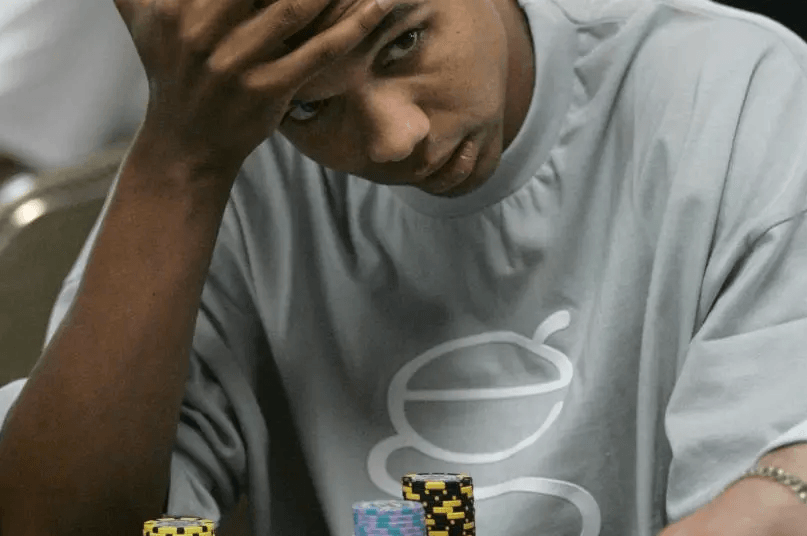Phil Ivey Loses Edge-Sorting Case in UK Supreme Court
Posted on: October 25, 2017, 02:00h.
Last updated on: October 25, 2017, 12:59h.
Phil Ivey has lost his bid in the Supreme Court of the United Kingdom to recover more than $10 million that he won at the Crockfords Club in London back in 2012, ending a saga that has now seen him lose cases on both sides of the Atlantic Ocean.

The professional poker player was attempting to challenge a ruling from the Court of Appeal that upheld Crockfords’ decision to withhold the money that Ivey had won at the casino while playing punto banco, a North American version of baccarat. Ivey and a partner, “Kelly” Cheung Yin Sun, used a technique known as edge-sorting to win £7.7 million ($10.2 million) over the course of two days in August 2012.
Honest Witness
The arguments in the case were fairly straightforward. Genting Casinos UK, which owns Crockfords, contended that edge-sorting was not a legitimate strategy and amounted to cheating. Ivey countered that his strategy could not be considered cheating as there was no dishonesty involved: he simply exploited the casino’s failure to protect itself from a skilled gambler who understood weaknesses in their game.
In 2014, a High Court judge sided with Crockfords’ decision to return Ivey’s initial £1 million stake, but refuse to pay any of the winnings earned through edge-sorting. The judge acknowledged that Ivey was an honest witness and that he may not have seen the technique as cheating, but still agreed with the casino that the technique was illegitimate. That ruling was then upheld in 2016 in a majority decision by the Court of Appeal.
What Is Edge-Sorting?
Edge-sorting is a technique by which players can take advantage of small defects on the back of playing cards.
By asking the dealer to turn only certain cards 180 degrees before putting the cards through an automatic shuffler, a knowledgeable gambler can then identify those cards face down.
By turning only high value cards in baccarat, then looking at the face down cards that have been dealt to the player and banker hands, players can gain a significant advantage when placing their bets.
Honest Cheat
Ivey’s final legal appeal came in the UK Supreme Court. On Wednesday, the five justices who heard the case unanimously upheld the earlier court decisions. They determined that dishonesty was not a necessary element in determining that a player was cheating at a casino game, and in particular at a game of chance such as baccarat.
According to the Right Honorable Lord Hughes of Ombersley, one of the justices that heard the case, it was important to consider that baccarat was meant to be a game of pure chance. Neither the casino nor the player should be able to circumvent the randomness of the cards that were dealt, he ruled.
“What Mr. Ivey did was to stage a carefully planned and executed sting,” Lord Hughes said.
The ruling follows a similar decision in December 2016 in which a New Jersey judge ordered Ivey to return $9.6 million he won via edge-sorting in baccarat to the Borgata Hotel Casino & Spa in Atlantic City. In that case, the judge found that while Ivey and Sun did not commit fraud, their efforts to adjust the odds in their favor did break the rules of the New Jersey Casino Control Act.
But unlike the case with Crockfords, the Borgata still has pending lawsuits against Ivey, Sun, and card manufacturer Gemaco, attempting to collect.
Related News Articles
Maine Casino Backers Sue State Ethics Commission Over $500,000 Fine
David Baazov Forms New Global Investment Company
Most Popular
Mirage Las Vegas Demolition to Start Next Week, Atrium a Goner
Where All the Mirage Relics Will Go
Most Commented
-
Bally’s Facing Five Months of Daily Demolition for Chicago Casino
— June 18, 2024 — 12 Comments
















No comments yet